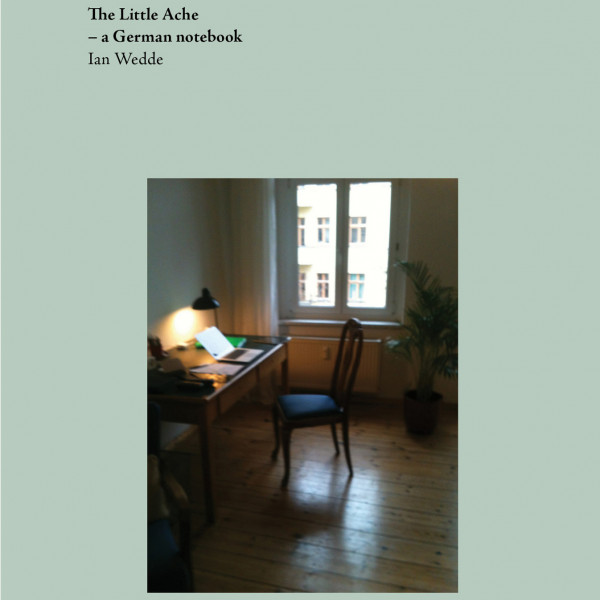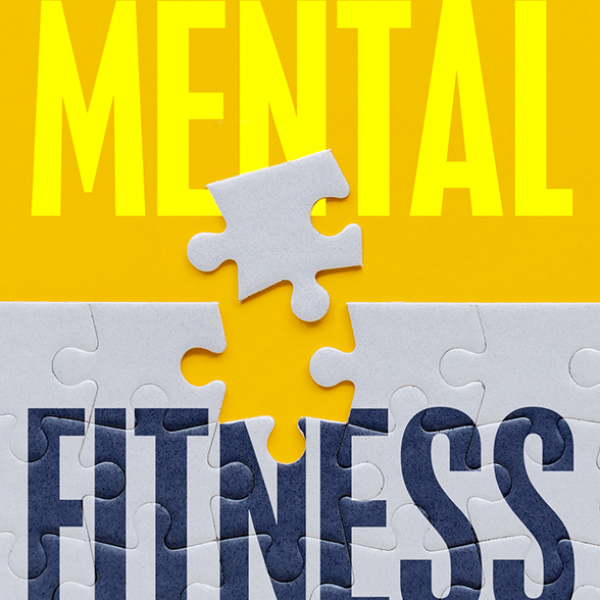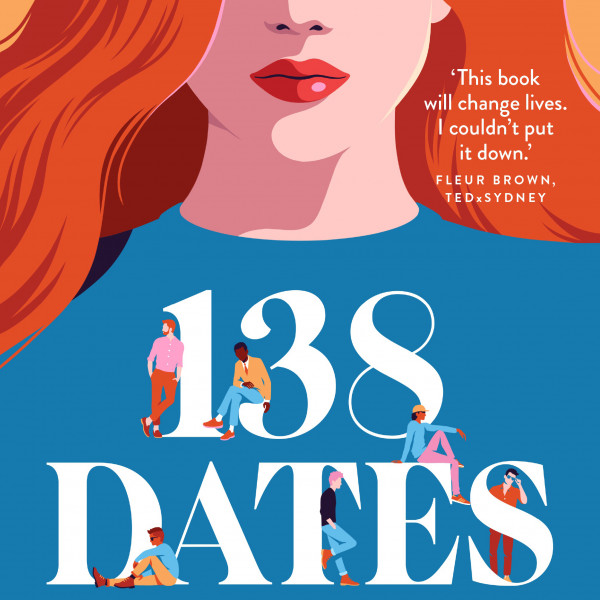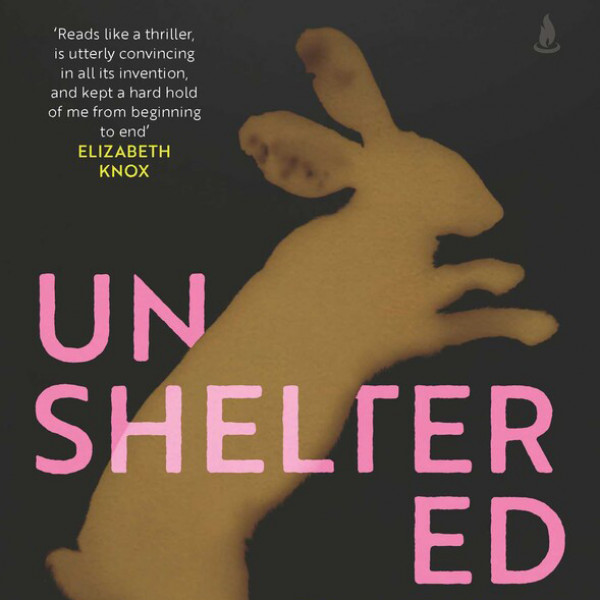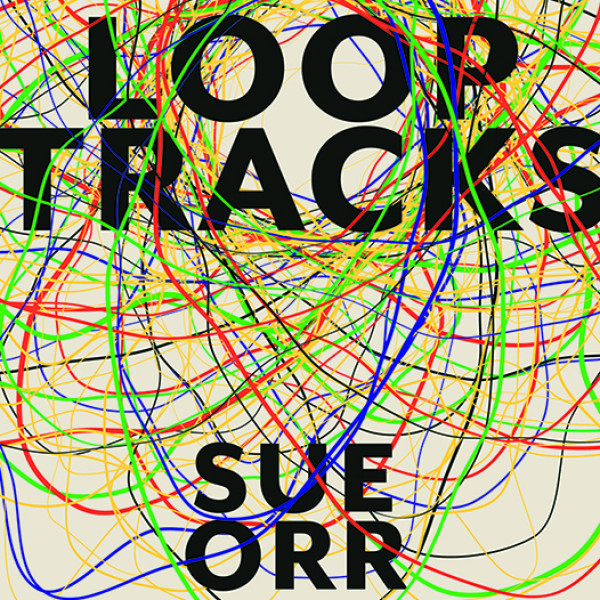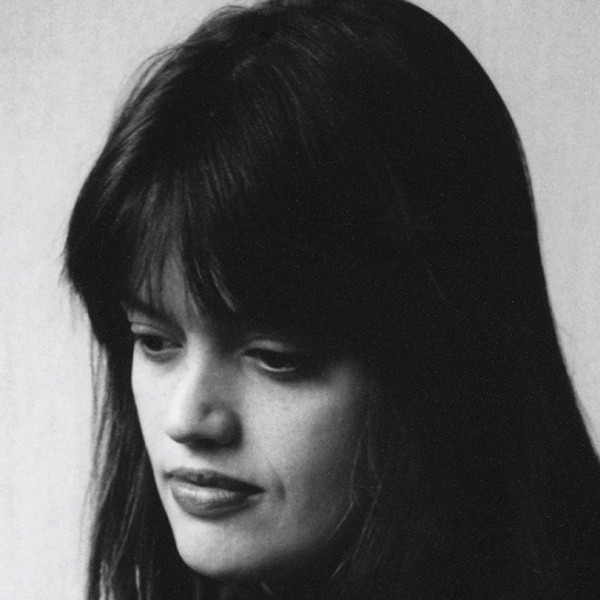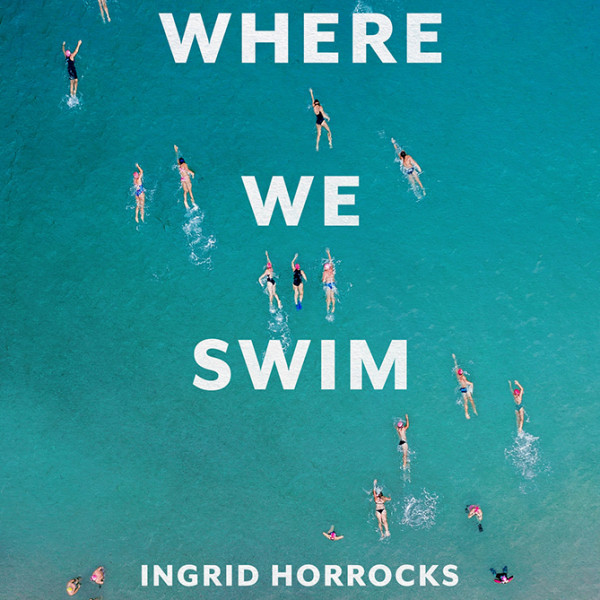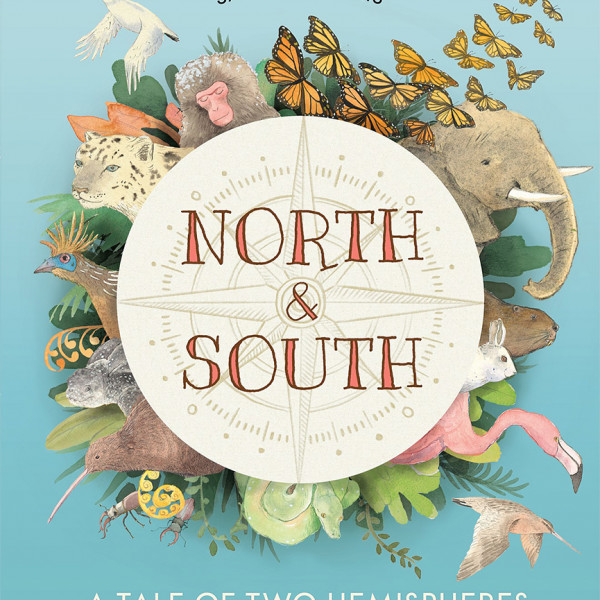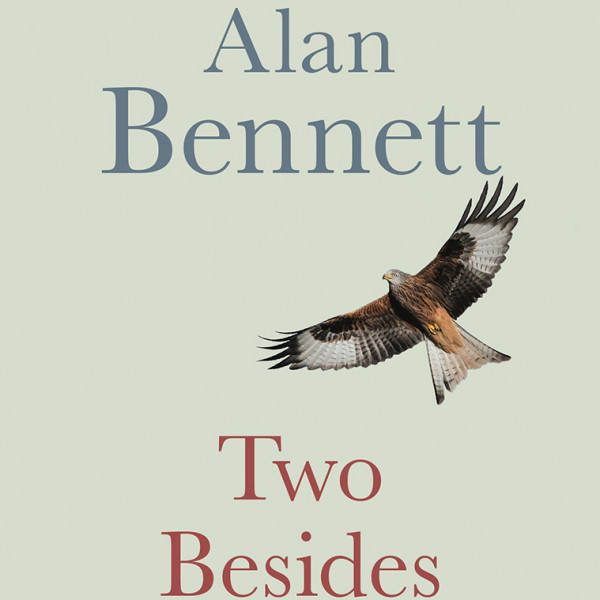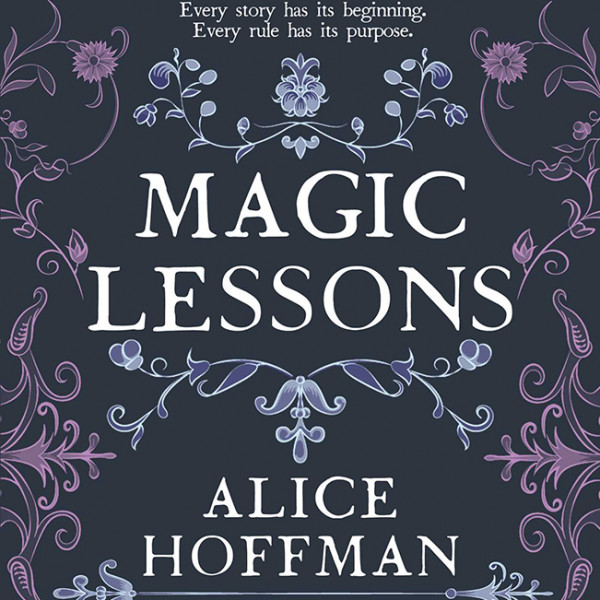
Tikanga: Living with the traditions of te ao Māori
Written by: Kaiora and Francis Tipene
HarperCollins
Reviewed by: Jo Lucre
Tikanga, the book, belongs to Francis and Kaiora Tipene. It is written from their perspective, their knowledge, their traditions; but it belongs too, to their whakapapa and those who have come before them.
Driving past the opening of the brand-new branch of Tipene Funerals in Porirua, curiosity got the better of me. Many had gathered, eating, conversing, and listening to music. I could see Francis and Kaiora speaking with visitors. I made the hasty decision to pull over with my son. Perhaps it would be a great conversation starter about life and death and everything in between.
I was also curious to see if Kaiora and Francis, the humble narrators of such a powerful book, whose words, so genuine, are like I imagined. I felt welcomed and got to witness manaakitanga (hospitality, kindness, generosity, support), which “must be ingrained and extended everywhere you go”, Francis says.
In Tikanga, Francis and Kaiora express the traditional Māori values that ground and guide them in their funeral work and everyday lives. The regard, respect, and agency they give to those that will one day pass through their doors, living or otherwise, Māori and non-Māori, illustrates how they live the concepts of te ao Māori.
“Everyone with a business thinks their business is different from other businesses, but I think ours is ‘more different’ than most. It is especially different because it is so dependant on its culture and being able to live Tikanga every day, no matter what is going on,” Francis says
Tikanga is about what is important and valuable to Māori, but it translates to all. In Tikanga there is a candid nod to all cultures; both Francis and Kaiora are pragmatic and able to incorporate values and traditions different to their own.
Both are keen to convey that they don’t know everything. They are not a mouthpiece for all Māori, but acknowledge the platform they now have to champion Māori culture everywhere, every time with the aim to do better, be better, and encourage those around them to do the same.


